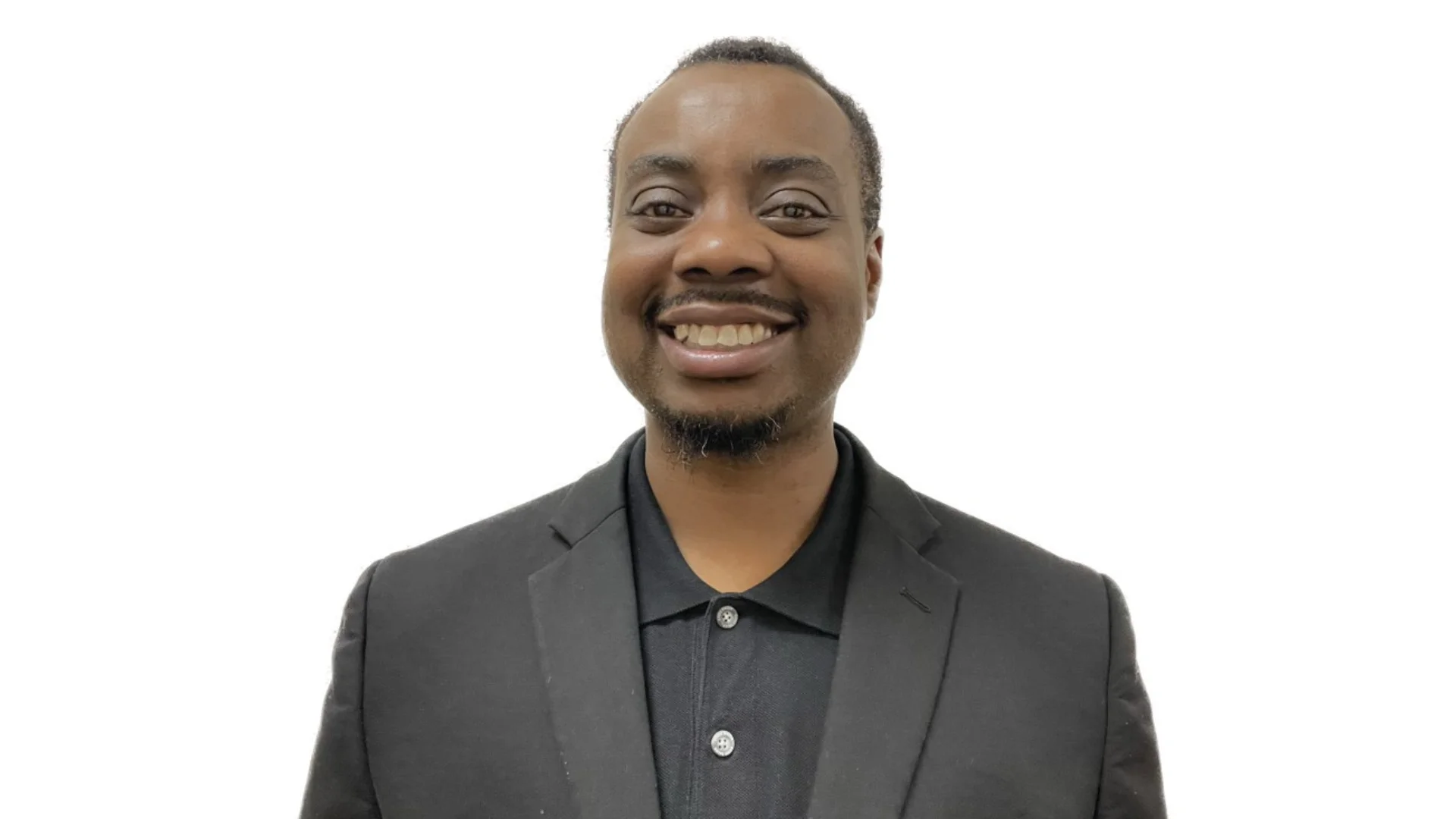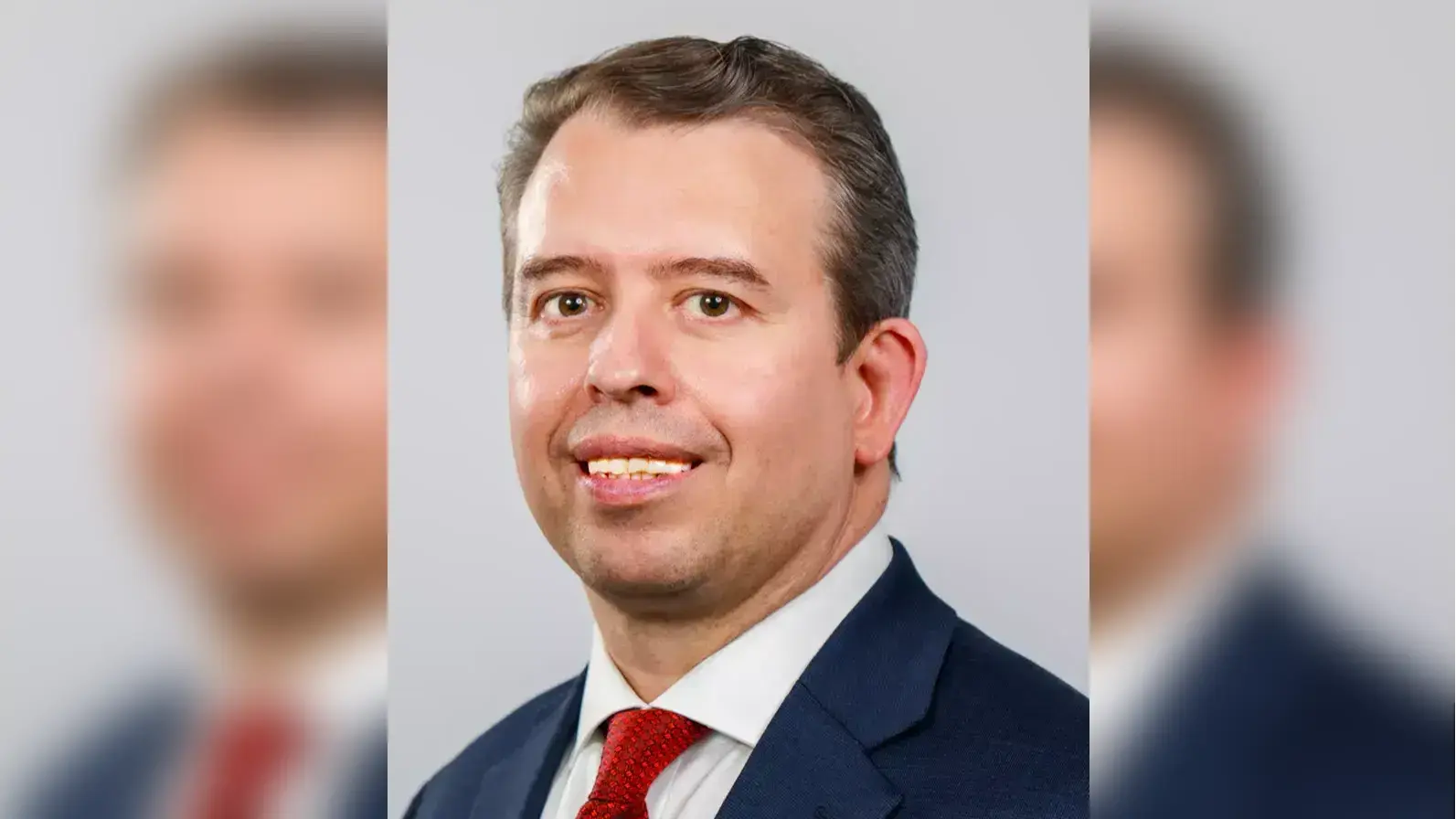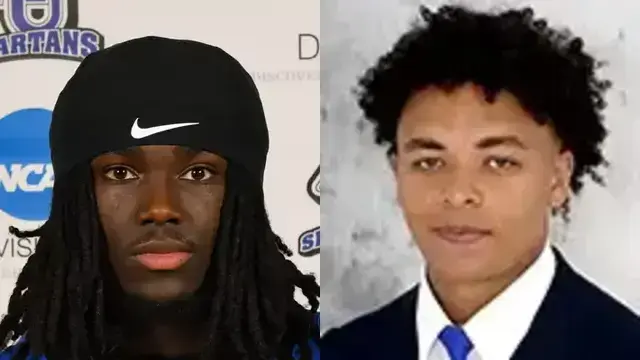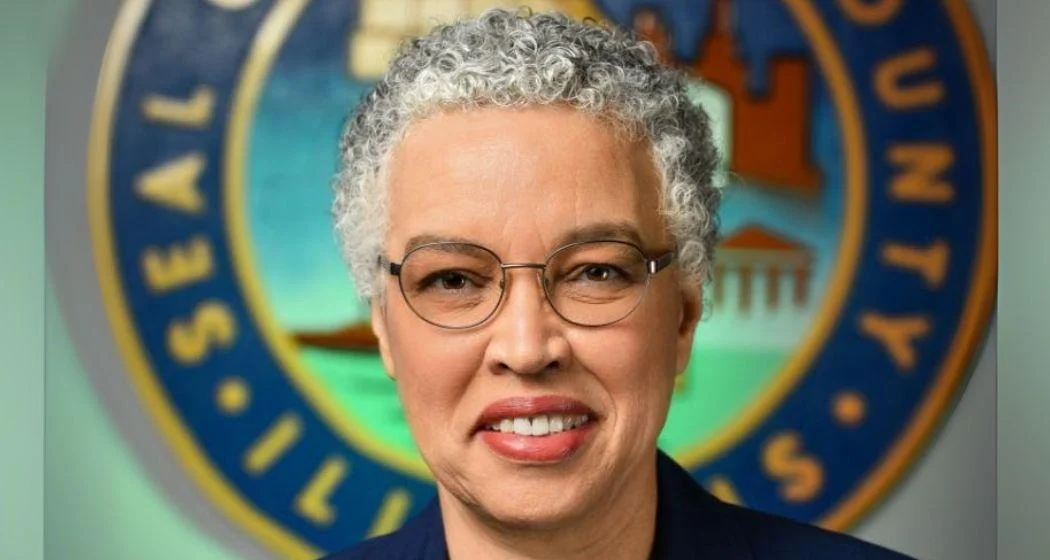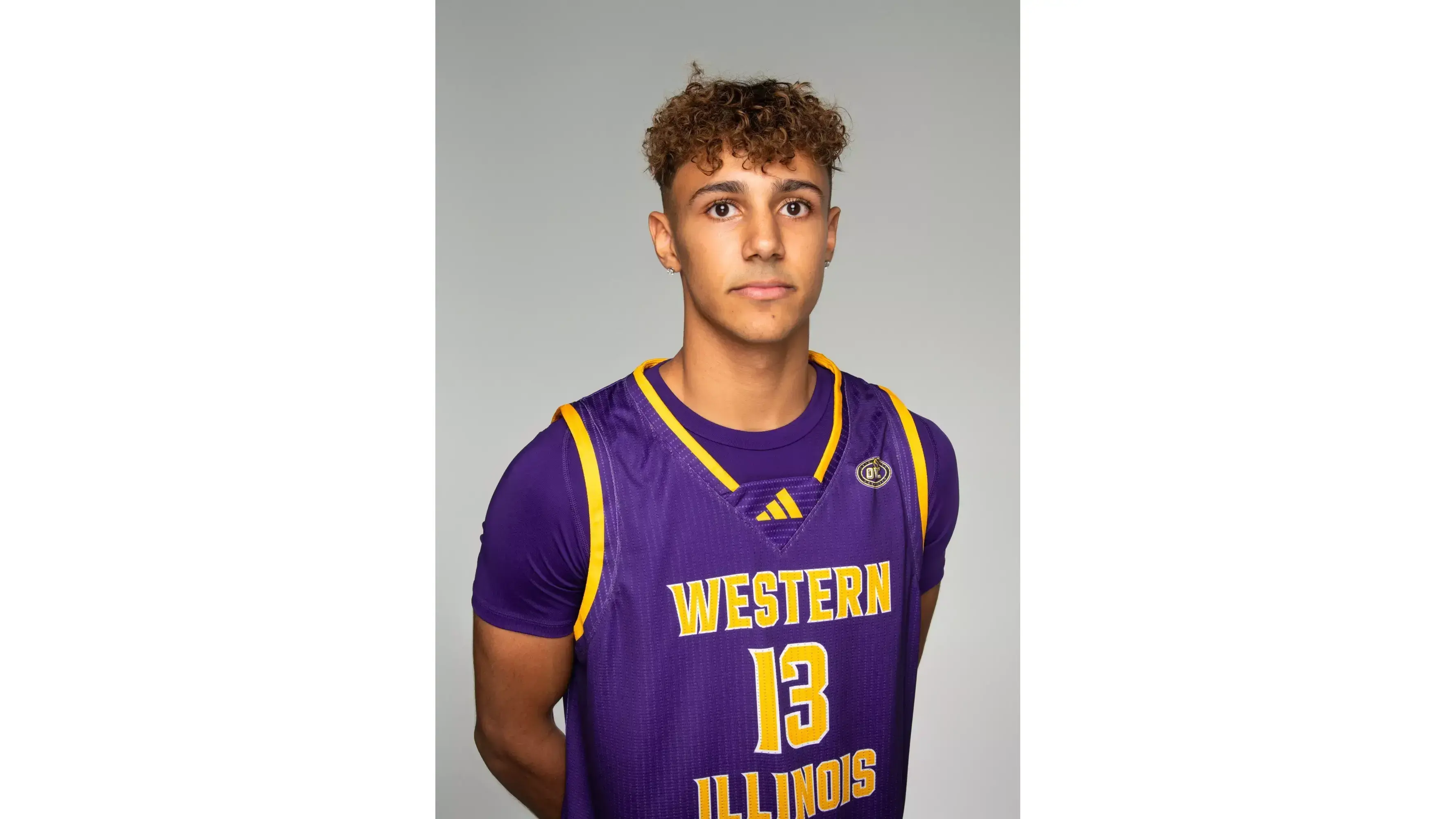Chicago Public Schools (CPS) has reported ongoing progress in its Advanced Placement (AP) program, noting increased enrollment and improved outcomes for Black and Latinx students. The district also highlighted significant tuition savings for families through earned college credits.
“Advanced Placement opens doors for our students — to college credits, financial savings, and long-term success,” said Dr. Macquline King, Interim CEO/Superintendent of Chicago Public Schools. “We are proud to continue removing barriers so that every CPS student has the opportunity to thrive in AP classrooms and beyond.”
Since 2020, CPS has seen an 18 percent increase in AP enrollment and a 23 percent rise in the number of exams taken. There have been notable gains among Black students (10%) and Latinx students (5.5%). In spring 2025, CPS students achieved 28,328 qualifying AP scores of three or higher, which translates into nearly 85,000 potential college credits and $42.5 million in tuition savings for families.
The district tracks participation in early college programs as part of its five-year strategic plan, Success 2029: Together We Rise. This plan aims to raise the percentage of high school graduates earning advanced course credits or career credentials from 49 percent in 2024 to 70 percent by 2029. In 2025, this figure reached 56.3 percent through various programs such as Advanced Placement, Dual Credit or Dual Enrollment courses, International Baccalaureate Programme, State Seal of Biliteracy, Career and Technical Education internships, and Junior ROTC.
Research indicates that CPS graduates who took AP courses persist at higher rates in college compared to those who did not participate. According to data from May 2022 graduates, there was a second-year college persistence rate of 90 percent among AP participants. Illinois law requires all public colleges and universities to award credit for AP scores of three or above.
Trevor Packer, Head of the College Board’s AP Program stated: “Chicago Public Schools is a national leader in making AP coursework and exams accessible to all students... By combining growth in AP participation with strong student outcomes, CPS shows that opportunity and excellence can go hand in hand.”
At George Westinghouse College Preparatory High School—visited by Nicole Milberg, Chief of Teaching Learning—more than half the Class of 2025 scored three or higher on at least one AP test during high school. Principal W. Terrell Burgess emphasized equal access: “If you are accepted into Westinghouse, you are given the same rigorous curriculum - you are all a part of one house... Equity is not just about offering AP courses — it’s about making sure students have the support, encouragement, and financial access to succeed."
Student perspectives were also shared during the visit. Junior Miranda Franco described how taking six AP classes since freshman year prepared her for challenging coursework: “I’m really interested in the college classes and also the college prep... That atmosphere... prepares me for college.” Senior Matrell Jones advised younger peers: “The classes are going to seem scary... But they’ll get used to it.”
To expand access further, CPS now offers introductory courses such as AP Precalculus and AP Computer Science Principles aimed at first-time participants. The district partners with Equal Opportunity Schools (EOS) using surveys and outreach efforts to identify more students who may benefit from advanced coursework.
CPS continues covering exam fees for eligible students—about sixty percent of participants—and supports other families with guidance on costs while seeking philanthropic contributions through its Children First Fund's special AP Exam Fund.
Seventeen high schools currently offer AP African American Studies as part of broader efforts tied to both strategic planning goals and specific initiatives like the Black Student Success Plan.
The district plans continued visits highlighting schools advancing postsecondary readiness through multiple pathways including dual credit opportunities alongside Advanced Placement offerings.
Jordyn Buckhalter—a senior at Gwendolyn Brooks College Preparatory Academy—shared her experience after taking several advanced courses: “In this class I not only benefited from learning how the African diaspora developed ... but I also gained a deeper understanding through my teacher ... Studying W.E.B DuBois’s double consciousness theory ... pushed me to reflect on my own identity.”
 Alerts Sign-up
Alerts Sign-up
